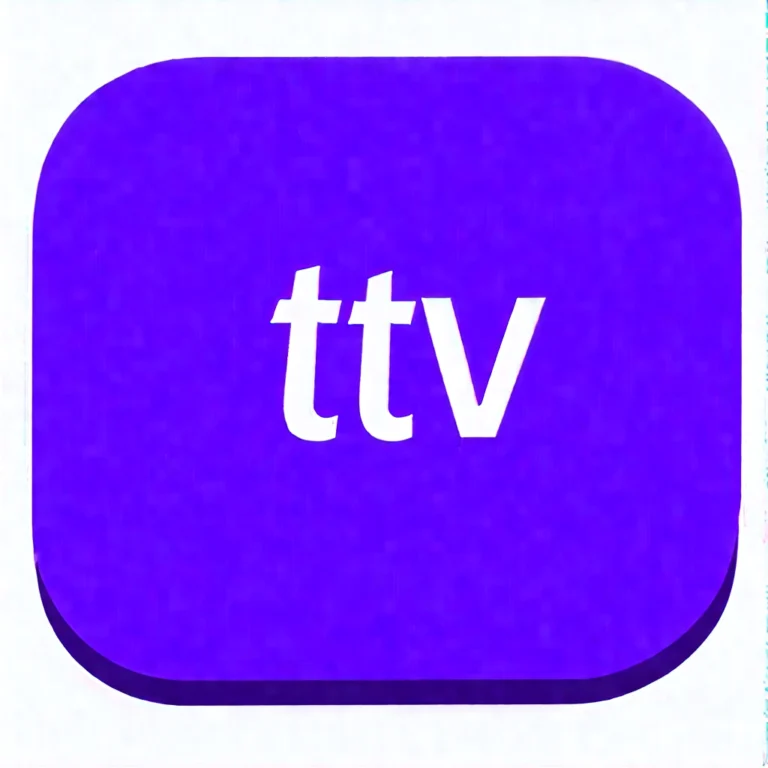Womanosphere Shocks Dating World with Stunning Conservative Shift
The womanosphere has long been a controversial and often misunderstood force in the landscape of modern dating and gender discourse. Traditionally associated with a variety of online communities—ranging from feminist-leaning groups to men’s rights advocates and even incels—the womanosphere has rarely presented a unified front. However, recent developments show a stunning conservative shift within these circles, one that is rattling the foundations of modern dating conventions and challenging prevailing social norms.
The Unexpected Conservative Turn in the Womanosphere
For years, the womanosphere was typified by radical and often fragmented ideologies. Outlets ranged from pro-feminist blogs advocating for women’s liberation and equality, to more extreme factions promoting anti-feminist rhetoric or toxic masculinity. Yet, the latest shift into a more conservative, traditionalist viewpoint seems to unify disparate groups under a new banner emphasizing conventional gender roles, marriage, and family values.
This pivot isn’t just an intriguing marketing ploy or a fleeting trend—it represents a foundational rethink of what dating and gender relations should look like in the 21st century. Many within the womanosphere now vocally advocate for a return to classic courtship rituals, the prioritization of marriage over casual dating, and a renewed focus on women embracing domestic roles alongside male leadership.
Why This Shift Shocks the Dating World
The conservative pivot shocks many observers because it directly contradicts decades of social progress emphasizing women’s autonomy and the breakdown of rigid gender roles. Modern dating culture often promotes egalitarian partnerships, fluid gender identities, and a casual approach to relationships—ideas clashed headlong with by the womanosphere’s new doctrines.
Critics argue that this shift risks reversing the gains made by feminism and could reintroduce restrictive expectations on women that stifle freedom and opportunity. Indeed, many dating apps and platforms celebrate diversity and non-traditional relationships, but the womanosphere now challenges these narratives, often rejecting polyamory, hookup culture, and even female economic independence as undesirable.
Supporters of the change, meanwhile, contend that modern dating has led to widespread dissatisfaction, loneliness, and family instability. They claim the womanosphere’s conservative realignment offers a refreshing alternative that encourages stability, commitment, and a renewed focus on procreation—something sorely missing in today’s fast-paced society.
The Role of Social Media and Influencers
Social media platforms have been instrumental in propelling this ideological shift. Influencers within the womanosphere frequently post content promoting modesty, traditional femininity, and the virtues of submission within marriage—ideas that would have seemed fringe a few years ago.
This rise is partially explainable by broader societal backlashes against liberalism and progressive politics, where growing impatience with perceived excesses of “wokeness” has spurred a conservative resurgence. The womanosphere’s voices have capitalized on this momentum, offering something that many young people find resonant: a clear, if controversial, framework for navigating relationships in an age of ambiguity.
Controversy and Consequences
The conservative shift is not without its controversies. Many accuse the womanosphere of weaponizing traditional values to police women’s behavior and to impose outdated gender hierarchies disguised as empowerment. Critics often highlight how this trend risks alienating LGBTQ+ communities, marginalized groups, and those who don’t conform to binary gender norms.
Moreover, detractors warn of the psychological damage caused by idealizing strict gender roles, which can trap women (Incomplete: max_output_tokens)





